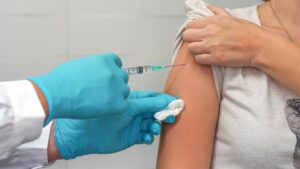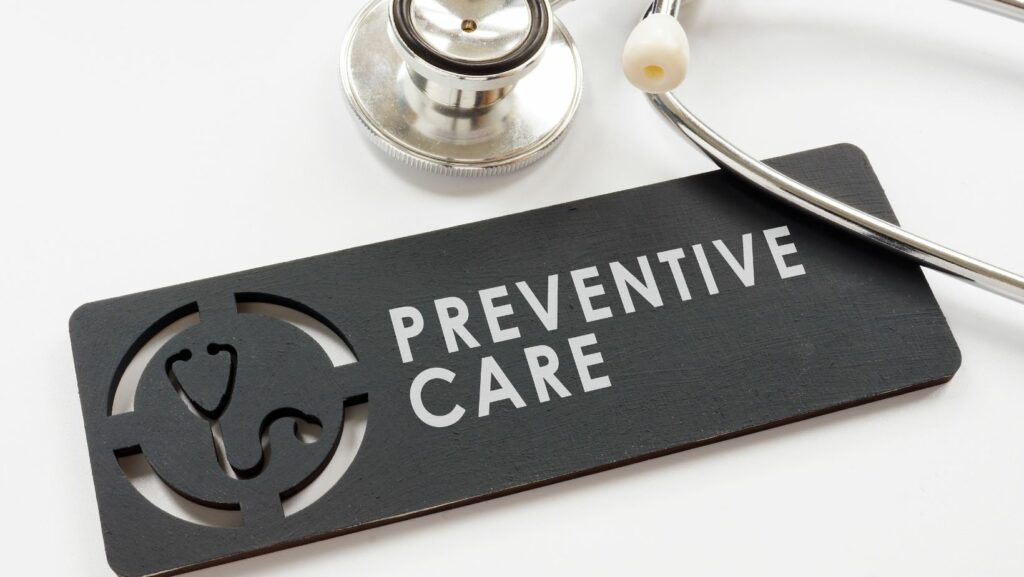Ever wondered why doctors often emphasize the phrase “prevention is better than cure”? It’s because they’re highlighting the importance of preventive care in maintaining optimal health. This concept, though simple, is a fundamental pillar in the healthcare industry and plays an instrumental role in safeguarding our well-being.
Preventive care isn’t just about warding off diseases, it’s a proactive approach towards health. It involves regular check-ups, screenings, and vaccinations that can detect potential health issues before they become serious.
What Does Preventive Care Mean

Preventive care, primarily, pertains to a health-focused strategy that ardently believes in the aphorism, “prevention is better than cure”. Essentially, it comprises health check-ups, screenings, immunizations, and counseling.
It puts its focus on maintaining wellness and thwarting the progress of diseases. The approach providers adopt corresponds to the anticipation of potential health hazards and acting in a proactive manner to either completely prevent or effectively mitigate their impact, hence its name.
For instance, regular blood tests serve as preventive care, designed to pinpoint early signs of issues, including cholesterol levels, blood sugar, or deficiencies. Similarly, vaccinations fall under this umbrella, acting as a deterrent against infectious diseases like measles or influenza. Moreover, incorporating lifestyle enhancements such as regular exercise, a balanced diet, and even the judicious use of supplements like HHC gummies can be part of a preventive strategy. You can buy it from here https://trehouse.com/collections/hhc-gummies/. These gummies, known for their properties that may support relaxation and well-being, could offer an adjunctive benefit to traditional health practices. Thus, preventive care provides a well-rounded approach to health maintenance, implementing precautionary measures before sickness strikes – a testament to its commitment towards promoting health and wellness.
Healthcare professionals adopt preventive care to forestall the development of health issues, act ahead of severe diseases, and reduce the overall burden on the healthcare system. To put it simply, preventive care means preparing and taking action today, to ensure a healthier tomorrow.
The Importance of Preventive Care

Preventive care, in its comprehensive approach to health maintenance, holds significant importance. Its major focal points include early detection, consistent intervention, and prevention of potential disease.
For instance, preventive care practices such as vaccinations cut down risks of infectious disease propagation. Through screening tests, early signs of health concerns, like high cholesterol or abnormal blood glucose levels, can be identified and addressed promptly.
Investing in preventive care not only promotes wellness but also minimizes the economic burden on the healthcare system by reducing the need for expensive emergency care. For instance, cholesterol tests, a part of preventive care, detect cardiac risk factors early, reducing instances of expensive, emergency cardiac interventions. Similarly, immunizations can prevent infectious diseases, avoiding costly treatments later.
Types of Preventive Care

Preventive care splits into three distinct categories: primary, secondary, and tertiary.
Primary preventive care aims at preventing disease onset, achieved through interventions such as immunizations and lifestyle changes, emphasizing healthy behaviors like exercise and a balanced diet.
Secondary preventive care focuses on early detection of diseases, employing screening tests, and regular check-ups. These identify high-risk conditions early, such as high cholesterol and abnormal blood glucose levels, enabling prompt intervention.
Tertiary preventive care involves managing established disease, mitigating the impact and preventing further deterioration, achieved through measures like rehabilitation programs and regular monitoring of conditions like hypertension and diabetes.
Implementing Preventive Care in Daily Life
Preventive care’s role in promoting wellness can’t be overstated. It’s a proactive approach that helps nip health issues in the bud, saving both lives and resources. It’s not just about regular check-ups or screenings; it’s a holistic approach encompassing lifestyle changes, immunizations, and counseling.
By implementing primary, secondary, and tertiary preventive care, you’re investing in your health and contributing to a healthier society. It’s about taking control of your health, identifying potential risks early, and managing known conditions effectively. So, don’t wait for a health crisis to act. Embrace preventive care as part of your daily life. It’s a small step towards a healthier you and a healthier society. Remember, prevention is always better – and cheaper – than cure.
